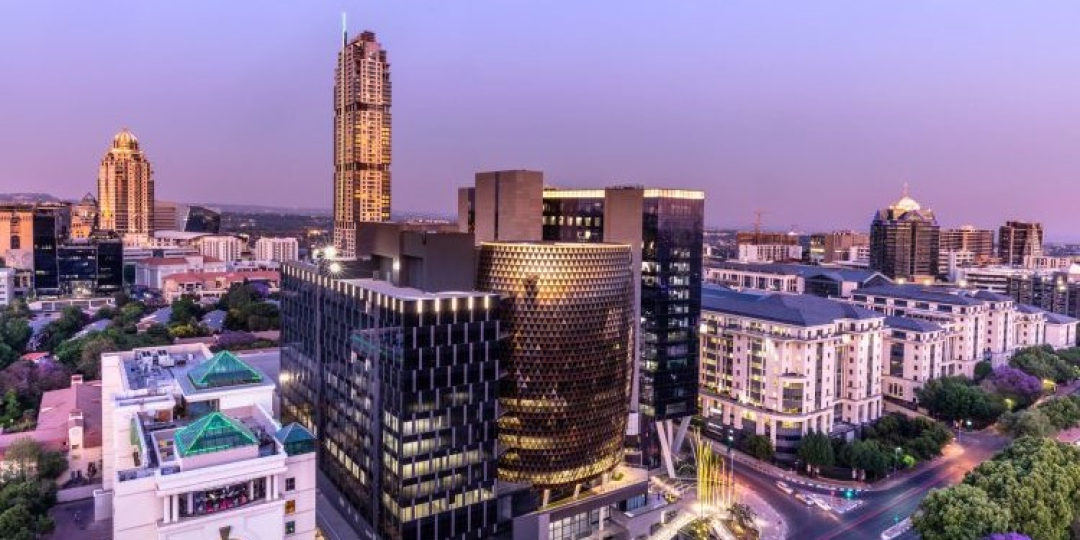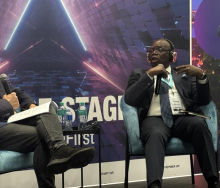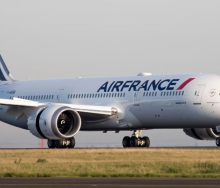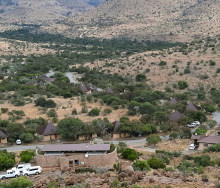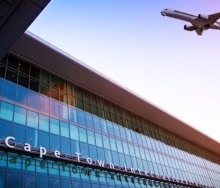The upcoming G20 Summit presents a significant opportunity for South Africa’s travel and tourism industry, with a surge in demand expected across hospitality, transportation and business services.
However, for travel agents, this also signals an urgent need to act fast. With high-profile delegations descending on Johannesburg and Cape Town, normal business travel will face displacement, and securing accommodation and transport will become increasingly challenging.
The Minister of Tourism, Patricia de Lille, told Travel News that the G20 Summit, comprising about 135 meetings with delegates from 19 sovereign states, would generate heightened demand for travel services, much like previous large-scale international events.
Accommodation dynamics and adaptability
According to the Southern African Association for the Conference Industry (SAACI), during the 2023 BRICS Summit, Johannesburg's hospitality sector showed remarkable adaptability, with Sandton's hotel district recording occupancy rates near 100%. Additionally, premium properties experienced RevPAR increases exceeding 100%, and average daily rates across key business districts rose by 85-95%.
"These figures reflect not just pricing dynamics, but our sector's ability to scale operations," notes Glenton De Kock, CEO of SAACI.
However, Francois van Heerden, Chairman of Sandton Tourism, cautions that while rates at key establishments rise, price increases are not universal.
“It is a common assumption that big events drive rates up, when in fact service providers have to make careful decisions around how many rooms to make available at which rates in order to maximise profit in all departments,” says Van Heerden.
While they will offer options for international delegates attending events such as G20, they also consider how to benefit from walk-in trade and the general public.
If not here, then where?
Availability and proximity will be a primary concern for travellers during the G20 Summit, as city centres will be packed with corporate, government and leisure traffic.
“While big corporates, government departments and the bigger travel agencies know about these events in advance, ensuring that they can secure rooms, it is more difficult for other travellers to find available rooms, especially those travelling for other reasons,” says Van Heerden.
Another challenge will be heightened security measures, with extensive clearances required for employees and hotel personnel. This will contribute to congestion and travel disruption around key areas.
The G20 Summit is expected to cause congestion due to a very high-security presence. This, along with security clearance for all employees and hotel personnel, will make general travel around these areas difficult and cumbersome.
However, Rosemary Anderson, National Chairperson of FEDHASA, says: “Tourists will carry on doing what they currently do. If there are no flights or accommodation options at one location, they will look for alternatives. This will give other locations in South Africa an opportunity for more business.”
Development and diversification
According to SAACI, MICE and tourism industry leaders are advocating for a multi-faceted approach in preparation for the G20 and B20 summits. The approach includes strategies for accommodation, transportation and logistics, and long-term development:
- The accommodation strategy focuses on enhancing capacity by positioning secondary business districts, like Rosebank, and their boutique properties and luxury guesthouses as promising alternatives to traditional hotspots.
- For transportation and logistics, industry stakeholders are working on solutions that will integrate artisanal services with the Gautrain system and enhanced private shuttle services, which will form the backbone of the comprehensive transport strategy.
- The most significant aspect of hosting such events is the lasting impact on South Africa's infrastructure. Previous experiences have shown that improvements in service standards, technological integration, and facility upgrades continue to benefit the sector long after the events conclude.
